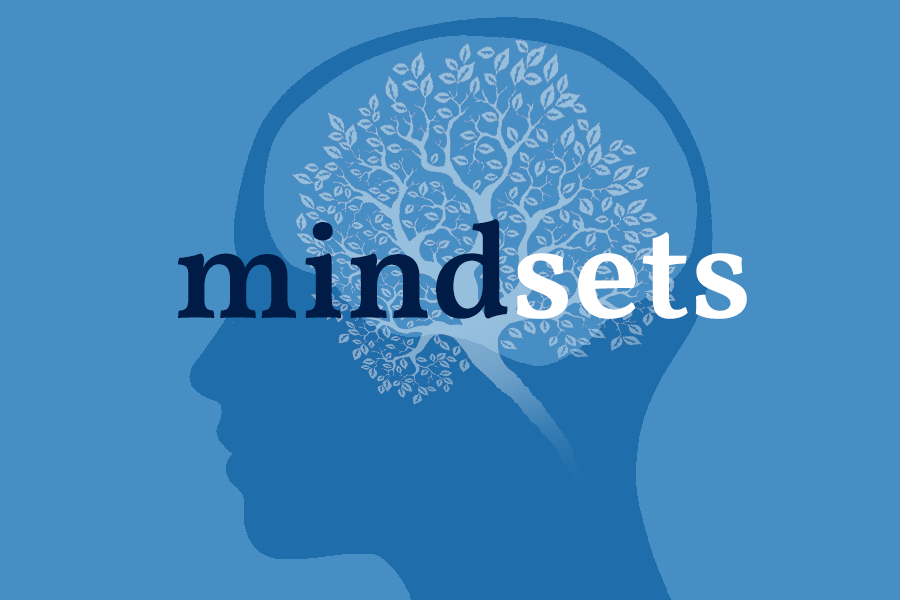You probably have heard of it already; growth mindset is a huge buzz nowadays. A Harvard psychologist, Dr Carol Dweck, coined the terms of fixed and growth mindsets. Since then growth mindset has become a hot topic, especially in schools.
Mindset simply means the view we adopt for ourselves, and this may greatly affect the way we lead our life.
Growth mindset is about believing our basic qualities are only a starting point which we can cultivate and develop by putting in a lot of effort. People with a growth mindset take mistakes as an opportunity to learn from. They challenge themselves to grow and stretch.
On the other hand, fixed mindset is about believing we have been born with certain qualities and that this can’t change. For a fixed mindset person mistakes are catastrophic and unbearable, and certainly not something smart people make… Poeple with a fixed mindset often blame others for their own mistakes and make excuses to maintain their self-esteem.They tend to look for approval from others rather than embarking on a learning journey.
Dr. Dweck says everyone is born with a love of learning.* Babies don’t worry about failing, and don’t feel stupid when they make mistakes. They walk, fall, get up and carry on. However as children’s brains continue to develop, mindsets may start to form as young as at the age of 4-5, and this is mostly shaped by our genetic make-up and the environment we live in. Dr. Dweck’s research shows that as soon as children become able to evaluate themselves, some of them become afraid of challenges and ‘not being smart’. This may lead to start adopting ways of merely looking smart by avoiding challenges.
What does it mean for us? Your mindsets can affect your whole life and whether or not you will fulfill your potential and achieve things that you value.
The good news is that we all have the power to change, regardless of what our mindset is.
How can we adopt a growth mindset in adulthood?
Mindsets are powerful beliefs, but definitely a growth mindset can be learned and developed. As recent research shows, our brain has neural plasticity. Neurons are the basic data processing units in the brain. Each time we learn something, new neural connection form and the connectivity between neurons increases. The brain is like a muscle. Depending on usage, things can change and get stronger – or weaker, this is not set in concrete.
Here are some simple things you can do:
- think about things, simply become aware of what’s going on
- learn new things
- challenge yourself to new experiences
- adopt self-compassion
But what about failure? We all know that failure can be a painful experience. But it doesn’t define us. We should not measure ourselves by our mistakes. You can adopt new ways to deal with failure. For instance, take failure as an opportunity to learn from, to improve.
How can we raise children with a growth mindset?
According to Dr Dweck, praising intelligence and talent sends a ‘fixed mindset message’. This may put children in a fragile state that may affect their confidence and motivation.
Instead:
- praise them wisely by rewarding hard work and effort
- teach them about progress and ‘the power of not yet’
- show them to love the process of learning instead of focusing on results
- explain that there are no failures but only learning opportunities and getting better at things
- allow them to be bold, take risks and support them in taking challenges
Love and Blessings.
Nalan Kirsch
Personal Well-being Coach
For a fulfilled life
And watch Dr Carol Dweck’s TED talk here
*Mindset, Carol Dweck

